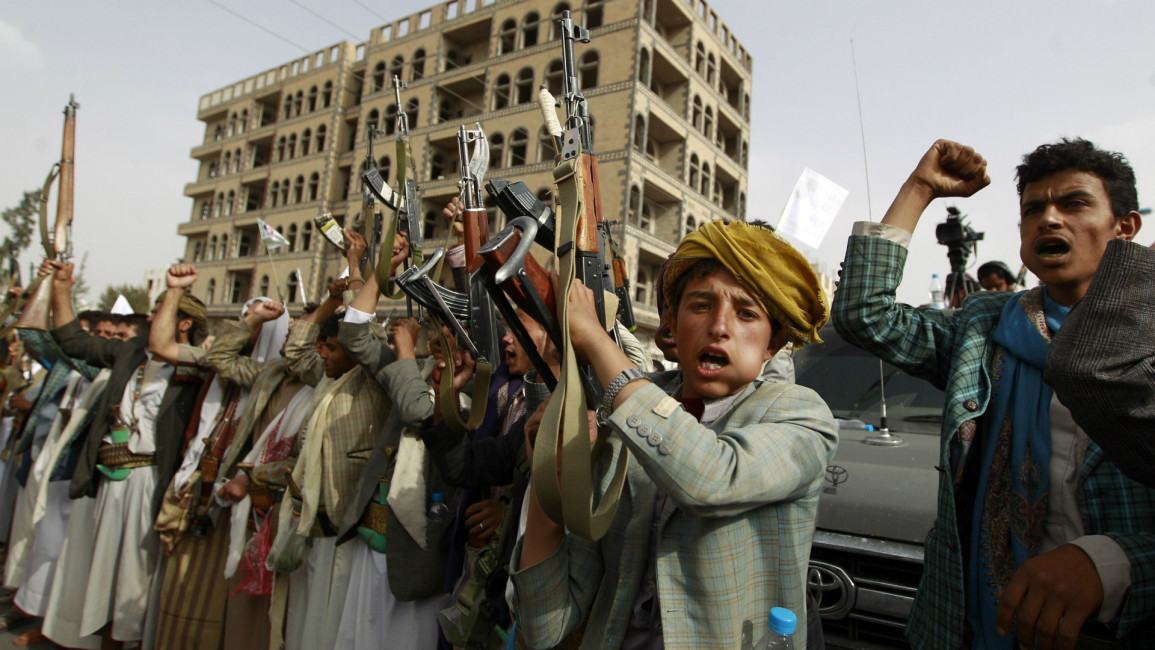UN chief calls for immediate Ramadan truce in Yemen
UN chief Ban Ki-moon on Monday called for an immediate two-week humanitarian pause in Yemen to mark Ramadan as talks got underway in Geneva to try and resolve the bloody conflict.
"I hope this week starts the beginning of the end of the fighting," Ban said.
"Ramadan begins in two days," he said, stressing that the holy Muslim month should be a period for "harmony, peace and reconciliation".
"I have emphasised the importance of another humanitarian pause for two weeks," Ban said.
Ban dismissed fears that the talks would be torpedoed by the non-arrival of a Houthi rebel delegation in time for the talks. The team's plane was delayed in Djibouti, according to UN and diplomatic sources.
He said the delay was due to logistical reasons and added: "I am pleased to know that the other parties are on their way" and were expected to arrive later Monday.
Underscoring the need for immediate action in Yemen, he said: "The ticking clock is not a time piece, it is a time bomb."
He also called on all parties to reach agreement on a "comprehensive and lasting" ceasefire.
However, Yemen Foreign Minister Riad Yassin said he was not optimistic, adding that the rebels "never respect any treaty".
Yassin also complained that the rebels had loaded their plane with far more representatives and advisors than had been agreed, adding: "They want to come here to make chaos."
Yassin also said the rebels were no different from the Islamic State group or Nigeria's Boko Haram.
Hours before the country's warring factions were set to begin the peace talks, Saudi-led coalition warplanes pounded rebel positions across Yemen overnight, witnesses said.
The coalition carried out pre-dawn strikes on rebel-held missile depots on the Fajj Attan hill overlooking the capital Sanaa, residents said.
Other strikes targeted rebels in Amran province farther north as well as Hajja near the Saudi border and nearby Huthi rebel stronghold Saada.
Coalition warplanes late on Sunday also hit rebel positions in the oil-rich Marib province, in Yemen's east.
Residents in third city Taiz accused Houthi rebels and their allies of shelling residential areas using tanks and artillery late on Sunday.
The sources spoke of civilian casualties but this could not immediately be confirmed.
The war in Yemen has so far claimed more than 2,500 lives since air strikes began in March, according to the United Nations.
The Arab world poorest country has been wracked by the conflict between the rebels and exiled President Abedrabbo Mansour Hadi's internationally recognised government.
The Houthis, supported by military units loyal to ex-president Ali Abdullah Saleh, have seized control of large parts of the country including the capital Sanaa, forcing Hadi to flee to Saudi Arabia.
Riyadh has been leading a campaign of air strikes against the rebels since March 26 but has so far failed to force them from territory they have seized.
The rebels have even advanced, taking control of Al-Hazm, the main city of Jawf province, on Sunday with little resistance, residents and pro-government fighters said.
The city lies only 150 kilometres (90 miles) south of the border with Saudi Arabia.



